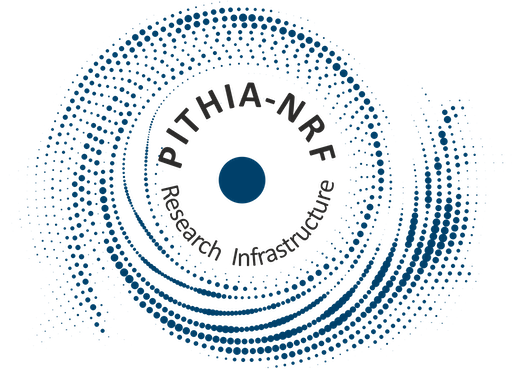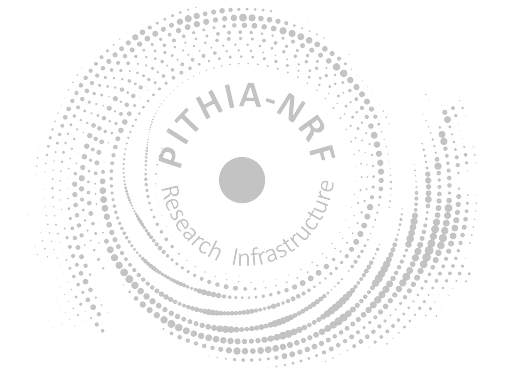T-FORS LSTID Forecasting with TFT
Last modified on Dec 23rd, 2024
In This Page
Description
This is a Large Scale Travelling Ionospheric Disturbances (LSTIDs) forecasting model for each Digisonde station, i.e., Sopron (SO148), Juliusruh (JR055), Dourbes (DB049), Ebro (EB040), trained over different time periods. The code utilizes a Temporal Fusion Transformer (TFT) to predict LSTIDs. The model incorporates features such as the auroral electrojet indices IL and IU provided by the FMI IMAGE network and the Gradient GNSS TEC Activity Index provided by DLR. The labels are the Spectral Energy Contribution (Spcont) for detected LSTIDs over Digisonde stations (in this case data from the Juliusruh Digisonde are used) calculated with the HF Interferometry method.
Acquisition Components
Computation Components
Capabilities (3)
Show Hide 3 capabilities
-
Auroral electrojet indices IL and IU
- Name
- Auroral electrojet indices IL and IU
- Observed Property
-
Gradient GNSS TEC Activity Index
- Name
- Gradient GNSS TEC Activity Index
- Observed Property
-
Spectral Energy Contribution (Spcont)
- Name
- Spectral Energy Contribution (Spcont)
- Observed Property
Documentation
-
Themelis, K., Belehaki, A., Koutroumbas, K., Segarra, A., de Paula, V., Navas-Portella, V., Altadill, D. (2024). Short-term forecast for the occurrence of Large Scale Travelling Ionospheric Disturbances at European middle latitudes using Neural Networks. https://doi.org/10.5281/zenodo.14537425
Published 12/22/2024
Further Resources and Information
Resources
Go to Metadata FileQuality Assessment
- Data Quality Flags
Data Levels
Metadata Information
| Editor | National Observatory of Athens |
| Version | 1 |
| Created | Sunday 22nd Dec. 2024, 17:35 |
| Last Modified | Monday 23rd Dec. 2024, 09:34 |

